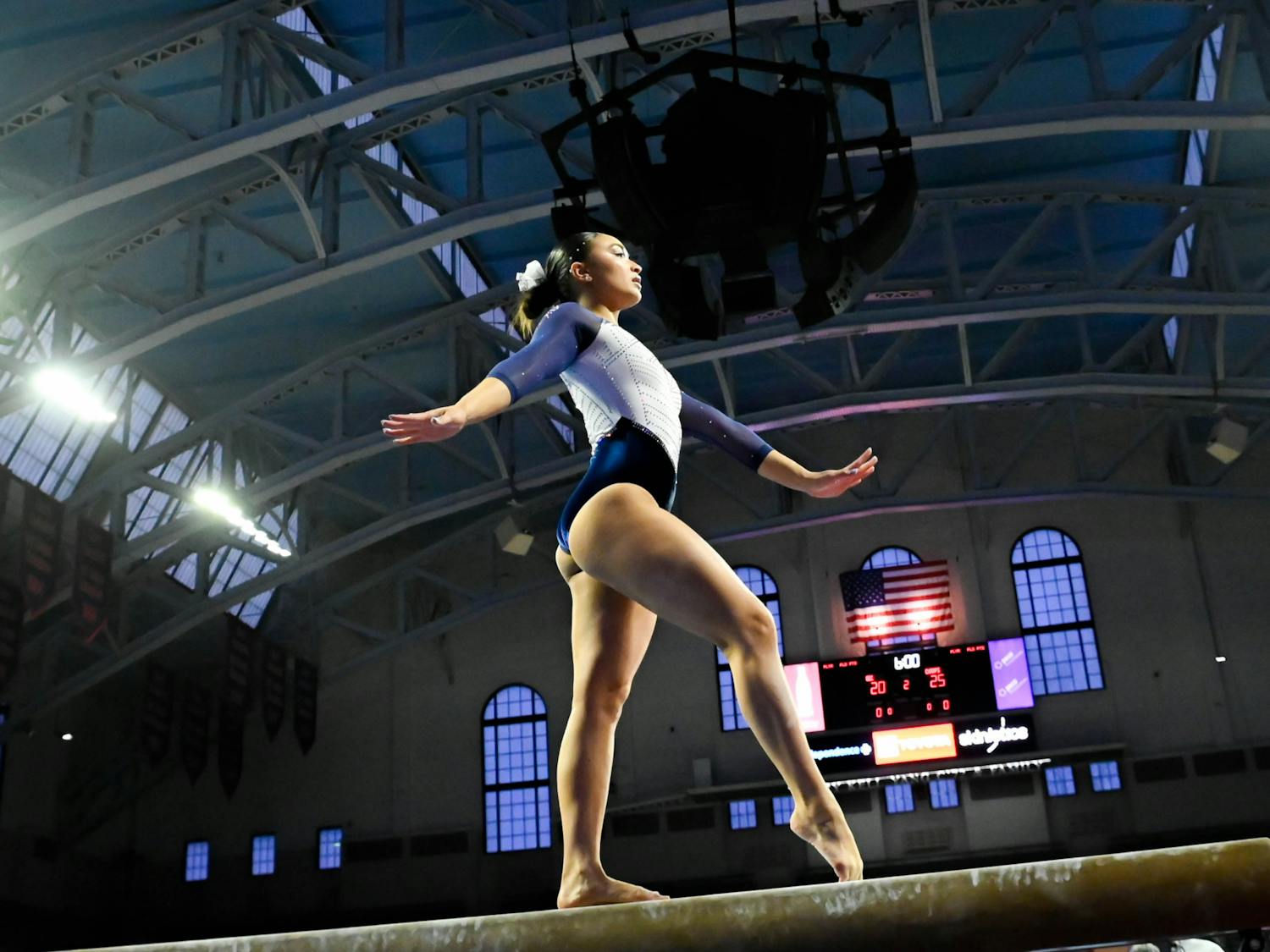This summer, the Council of Ivy Group Presidents made many changes to the Ancient Eight's athletic rules, including ones to admissions and athletes' time off.
But there was one long-standing Ivy League tenet that was left unchanged -- the Ancient Eight's ban from participation in the NCAA Division I-AA football playoffs.
There are many stated reasons as to why the Ivy League -- which plays in all other NCAA tournaments -- does not participate, yet the most common is that the tournament conflicts with the fall term's final exams. This year, for example, finals start Dec. 12 and the final game of the I-AA playoff is on Dec. 19. The first round of play begins on Nov. 29.
"Regrettably, the postseason for football is during finals," Penn President Judith Rodin said. "We'd prefer our students not engage in formal athletic competition during finals."
Ivy League Executive Director Jeff Orleans, however, contends that "the issue of finals is not the issue."
"I think it's broader than that," he added. "This was a league formed to find the right way to balance athletics and academics. The presidents have long felt that football is a sport where they wanted to be most careful in the way they structured it."
The executive director cited several other reasons besides finals for the Ivy League's lack of participation. For instance, the fact that the tournament does not crown a champ for all of Division I, just Division I-AA. In 1979, Division I football was divided into A and AA classes to give smaller football teams a chance to compete.
"The issue is that there is just a general sense that this is not necessary," Orleans said.
Others in the Ivy League feel that the stated reasons are not good enough.
"It's not a very logical decision by anybody," Penn football coach Al Bagnoli said. "When your school has 33 sports and 32 of them can compete, there isn't much you can do logically to explain your decision if you're in a position to make that decision."
Those who stand opposed to the rule are especially against the argument that the playoffs interfere with finals.
One reason is because other tournaments in which the Ivy League participates -- such as volleyball -- actually finish later than football.
Nevertheless, these teams aren't banned from participation.
"It's never been brought up," said Penn volleyball coach Kerry Major Carr, whose team participated in the NCAA volleyball tournament last year. This year's volleyball tournament finishes on Dec. 20, one day after the football final and eight days after the start of exams at Penn. The tournament begins as early as Dec. 4.
For Penn to miss finals this year, the football team would have to reach the semifinal round of the tournament. The same holds true for the Quakers volleyball team, as the regional round of four begins on Dec. 11.
Those against the Ivy League's ban also argue that play in the tournament would help raise the national reputation of Ivy League football and help recruiting.
Nevertheless, the rule remains.
"Those folks who want to go into the playoffs cite those possible reasons," Orleans said. "We happen to feel differently."
Sixteen teams make the I-AA playoffs. Each year, the NCAA chooses the eight strongest conferences in I-AA -- there are currently nine who participate in the tournament. The winners of these eight conferences receive automatic bids to the tourney. The other eight spots are "at-large bids," going to what the NCAA selection committee feels are the eight best remaining teams.
NCAA spokesman for the I-AA football tournament Damani Leech is interested in having the Ancient Eight participate.
"They would definitely be considered for an automatic bid," he said. "We would love to have 10 conferences in the running."
However, it is unlikely that the Ivy Council will repeal this rule in the near future.
"The Council had a discussion three or four years ago," Orleans said. "It was a very full discussion and no change was deemed necessary."
Bagnoli hopes that the Ivy Council will reconsider the next time they meet.
"Hopefully there's gonna be a change," he said. "But right now, for whatever reasons -- and it's never been fully articulated to me -- we're just not allowed and it's not something the presidents wish to do."








